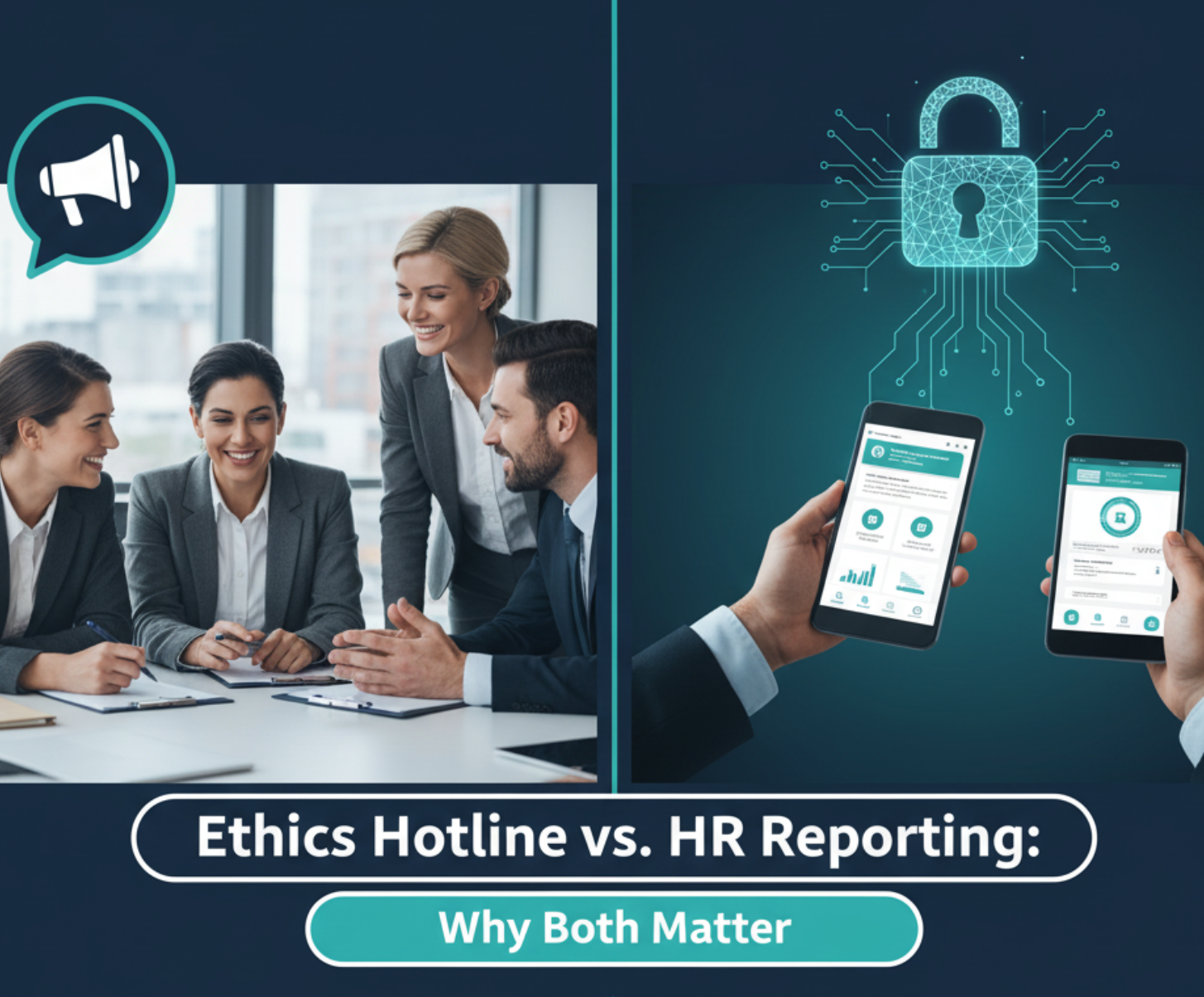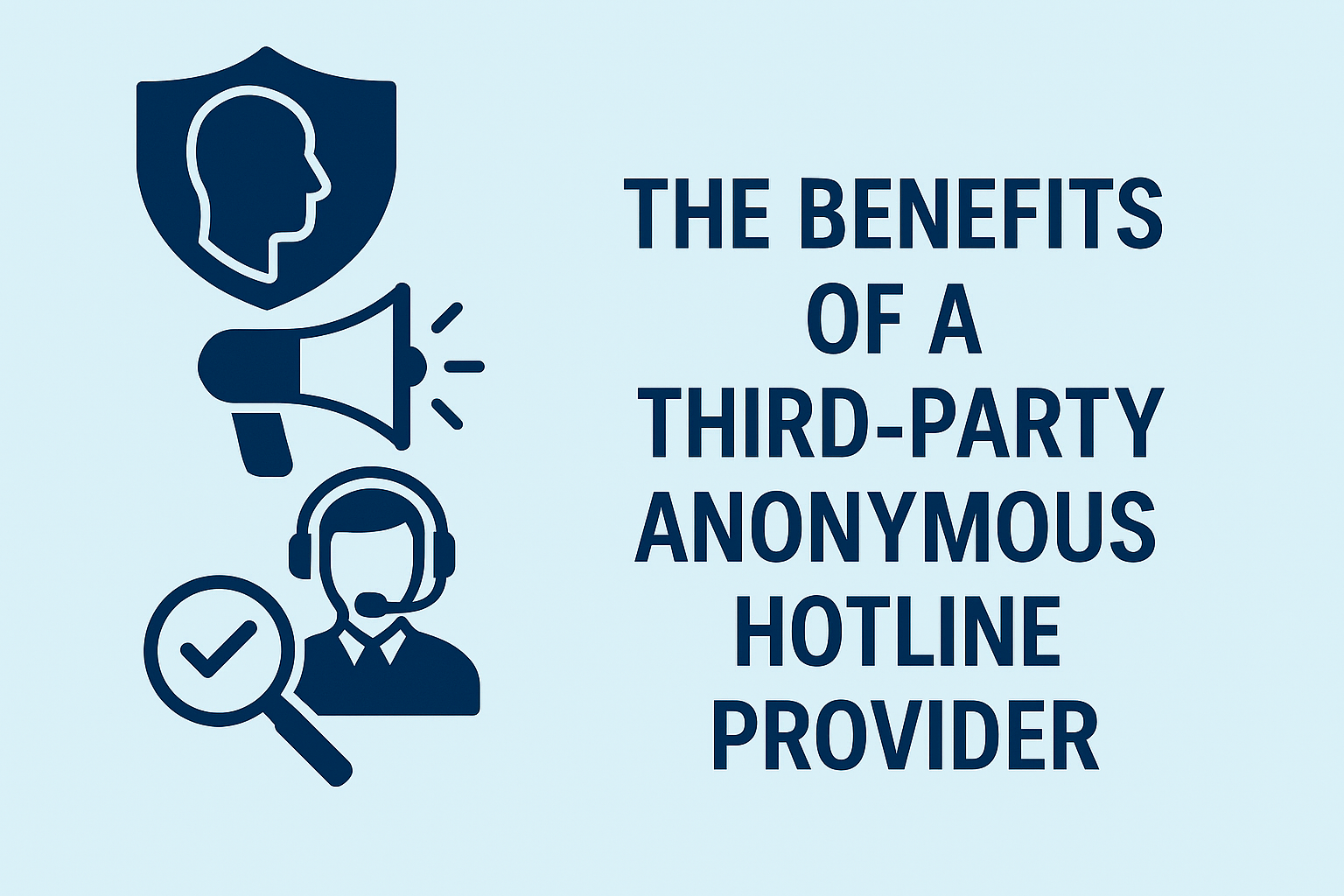In January of 2022, the Occupational Safety and Health Administration (OSHA) released a letter of interpretation that identifies situations in which employers are required to record travel related injuries on OSHA logs. In general, injuries that occur during an employee’s typical commute between work and home do not count as work-related injuries, thus they are not recordable. That said, there are many situations in which employee travel is considered to be work-related and recordable on OSHA 300 logs. The SHRM article, “OSHA: Some Travel Injuries Must Be Recorded,” by Allen Smith, J.D. summarizes and clarifies the requirements laid out in OSHA’s letter of interpretation. Based on information from this article, we have compiled the following lists of non-recordable and recordable travel-related situations.
Non-Recordable Travel Related Injuries
Injuries that occur under the following circumstances are not recordable on OSHA logs:
- A normal commute between the workplace and home
- A voluntary return to the workplace (not mandated by the employer)
- Personal travel to a restaurant during a break
Recordable Travel Related Injuries
Injuries that occur under the following circumstances are to be recorded on OSHA logs:
- Travel that is done in the interest of the employer or as a condition of employment
- Travel to an additional location during the workday to perform assigned work (i.e., from the workplace to a jobsite)
- Travel that involves entertaining or transporting customers or coworkers
- A mandatory, unscheduled return to the workplace (i.e., to fill in for a coworker)
- Travel that is part of a compensable work activity
While these lists are non-exhaustive, they provide a general idea of circumstances in which travel-related injury recording is and is not necessary.
The SHRM article concludes by explaining the importance of only logging recordable injuries on OSHA 300 logs. Each recorded injury or illness adds to an employer’s days away, restricted, or transferred (DART) rate, which may increase OSHA inspections and workers’ compensation insurance premiums. On the other hand, failure to log recordable injuries can have legal repercussions. Following current OSHA injury recording policies will protect your organization from unnecessary costs, inspections, and litigation.
Remember: keeping your hotline top of mind can help employees identify safety issues, travel or otherwise, before the damage is done. For information on OSHA job safety training requirements, see our article here.
Reach Us
Red Flag Reporting
P.O. Box 4230, Akron, Ohio 44321
Tel: 877-676-6551
Fax: 330-572-8146



